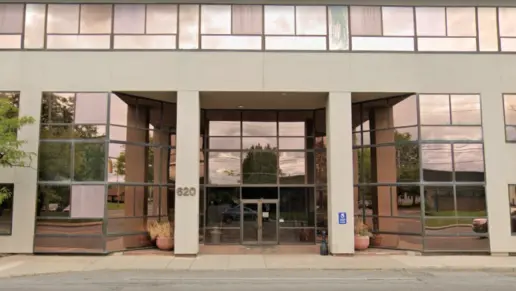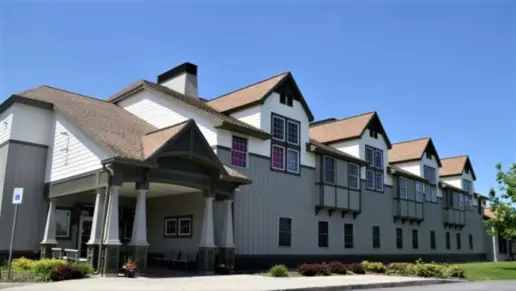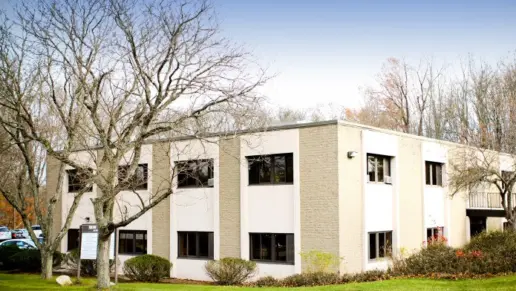this place has helped me and many others, ill always recommend them to friends and family. They helped me when i hit rock bottom and like i said i will forever be grateful for them returning me back to my old self
About St. Peter’s Addiction Recovery Center
St. Peter's Addiction Recovery (SPAR) Rotterdam is a private outpatient alcohol drug and recovery treatment facility in the Trinity Health Network with a campus in Schenectady, New York with modern amenities. Their program treats the physical and mental aspects of addiction to provide a whole person approach to healing. It is open to men and women. SPAR recognizes that recovery doesn't end upon the completion of a program. In addition to their full spectrum treatment plans, they offer transitional support for those who finish treatment.
Alcohol and drug use can develop into a toxic need for these substances to get through everyday life. Medical detox is the process of safely removing drugs and alcohol from a client’s system to break this need. Detox programs are managed and overseen by medical professionals in a safe environment where they can help manage withdrawal symptoms.
Outpatient programs are ideal for those who have a stable living situation and don’t require 24 hour observation. The basis of inpatient programs is individual and group therapy that uncovers the causes of addiction and teaches healthy coping skills. SPAR uses a cognitive behavioral therapy (CBT) modality that focuses on the relationship between emotions and actions.
The outpatient program also provides introductions to other recovery programs, such as 12 Step as well as health and behavioral education opportunities.
When addiction is present alongside mental illnesses like anxiety and depression, one can worsen the other. SPAR staff performs a dual diagnosis to uncover such issues and treat them alongside the primary addiction diagnosis. Dual diagnosis has been shown to increase success rates and lower risks of relapse because it treats additional factors that threaten stability.
It’s not uncommon for those with severe addictions to require specialized treatment beyond therapy and detox. With MAT, medical professionals administer medication to clients to reduce the impact of withdrawal symptoms. Doses are carefully measured to prevent overdose.
SPAR understands how difficult it can be to navigate insurance and secure the funding needed to enter a recovery program. To alleviate the burden, they provide advocates who work on behalf of applicants in need of assistance.
Latest Reviews
Rehab Score
Gallery
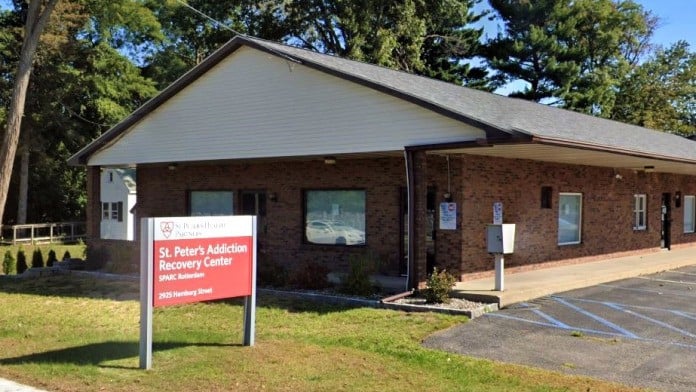
-696x392.webp)
Location
Accepted Insurance
Other Forms of Payment
Private insurance refers to any kind of healthcare coverage that isn't from the state or federal government. This includes individual and family plans offered by an employer or purchased from the Insurance Marketplace. Every plan will have different requirements and out of pocket costs so be sure to get the full details before you start treatment.
Self-pay involves paying for treatment out of your own pocket. You can use savings or credit, get a personal loan, or receive help from family and friends to fund your treatment. If you don't have insurance or your insurance plan doesn't cover a specific program, self-pay can help ensure you still get the care you need.
Sliding scale payments are based on a client's income and family size. The goal is to make treatment affordable to everyone. By taking these factors into account, addiction recovery care providers help ensure that your treatment does not become a financial burden to you or your family, eliminating one barrier to care.
Medicaid is a state based program that helps lower-income individuals and families pay for healthcare. Medicaid covers addiction treatment so those enrolled can use their coverage to pay for rehab. When a program accepts Medicaid the client often pays very little or nothing out of their own pocket.
Addiction Treatments
Levels of Care
Treatments
The goal of treatment for alcoholism is abstinence. Those with poor social support, poor motivation, or psychiatric disorders tend to relapse within a few years of treatment. For these people, success is measured by longer periods of abstinence, reduced use of alcohol, better health, and improved social functioning. Recovery and Maintenance are usually based on 12 step programs and AA meetings.
When you choose drug rehab in New York, you'll participate in a variety of treatments that are designed to help you live a drug-free lifestyle. Common methods of treatment include group, individual, and family counseling, medication management, nutrition, exercise, and management of co-occurring mental health disorders.
Many of those suffering from addiction also suffer from mental or emotional illnesses like schizophrenia, bipolar disorder, depression, or anxiety disorders. Rehab and other substance abuse facilities treating those with a dual diagnosis or co-occurring disorder administer psychiatric treatment to address the person's mental health issue in addition to drug and alcohol rehabilitation.
A combined mental health and substance abuse rehab has the staff and resources available to handle individuals with both mental health and substance abuse issues. It can be challenging to determine where a specific symptom stems from (a mental health issue or an issue related to substance abuse), so mental health and substance abuse professionals are helpful in detangling symptoms and keeping treatment on track.
Opioid rehabs specialize in supporting those recovering from opioid addiction. They treat those suffering from addiction to illegal opioids like heroin, as well as prescription drugs like oxycodone. These centers typically combine both physical as well as mental and emotional support to help stop addiction. Physical support often includes medical detox and subsequent medical support (including medication), and mental support includes in-depth therapy to address the underlying causes of addiction.
Programs



Clinical Services
Cognitive behavioral therapy (CBT) in New York is a short term therapeutic method used to treat substance use and mental health disorders. CBT typically lasts from five to 20 sessions, based on the individual's needs.
Group therapy is any therapeutic work that happens in a group (not one-on-one). There are a number of different group therapy modalities, including support groups, experiential therapy, psycho-education, and more. Group therapy involves treatment as well as processing interaction between group members.
In individual therapy, a patient meets one-on-one with a trained psychologist or counselor. Therapy is a pivotal part of effective substance abuse treatment, as it often covers root causes of addiction, including challenges faced by the patient in their social, family, and work/school life.
Introduced in 1983, motivational interviewing is a method to help clients commit to change. It's based on the philosophy that change is hard, and clients must explore their own options and come to their own conclusions rather than receive warnings or advice from the therapist.
Trauma therapy addresses traumatic incidents from a client's past that are likely affecting their present-day experience. Trauma is often one of the primary triggers and potential causes of addiction, and can stem from child sexual abuse, domestic violence, having a parent with a mental illness, losing one or both parents at a young age, teenage or adult sexual assault, or any number of other factors. The purpose of trauma therapy is to allow a patient to process trauma and move through and past it, with the help of trained and compassionate mental health professionals.
Whether a marriage or other committed relationship, an intimate partnership is one of the most important aspects of a person's life. Drug and alcohol addiction affects both members of a couple in deep and meaningful ways, as does rehab and recovery. Couples therapy and other couples-focused treatment programs are significant parts of exploring triggers of addiction, as well as learning how to build healthy patterns to support ongoing sobriety.
Research clearly demonstrates that recovery is far more successful and sustainable when loved ones like family members participate in rehab and substance abuse treatment. Genetic factors may be at play when it comes to drug and alcohol addiction, as well as mental health issues. Family dynamics often play a critical role in addiction triggers, and if properly educated, family members can be a strong source of support when it comes to rehabilitation.
Coping with day to day living is a challenge while in addiction recovery. Life skills training helps you learn how to manage daily tasks and deal with stress in healthy ways. This is key to long term recovery.
Amenities
-
Private Setting
Staff & Accreditations
Staff
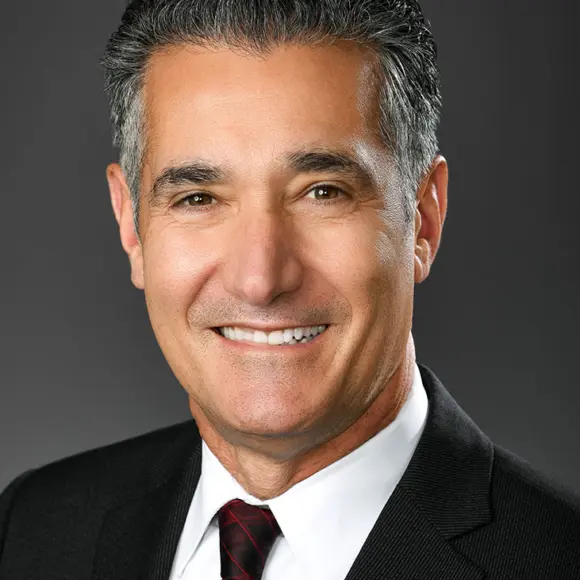
President & CEO
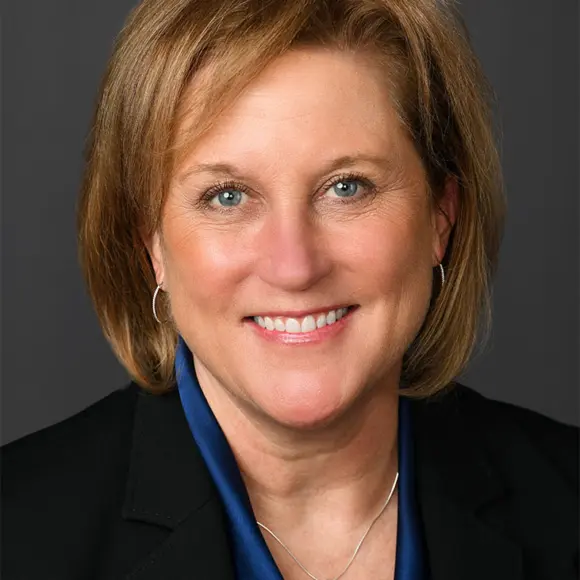
Senior VP Hospital Operations
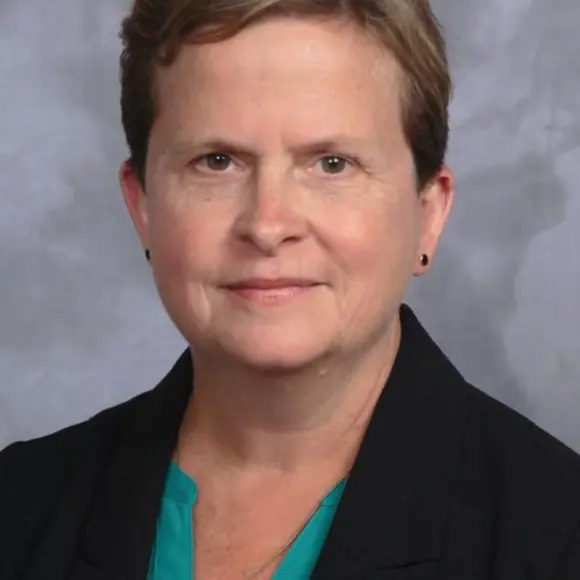
Chief Integrity & Compliance Officer
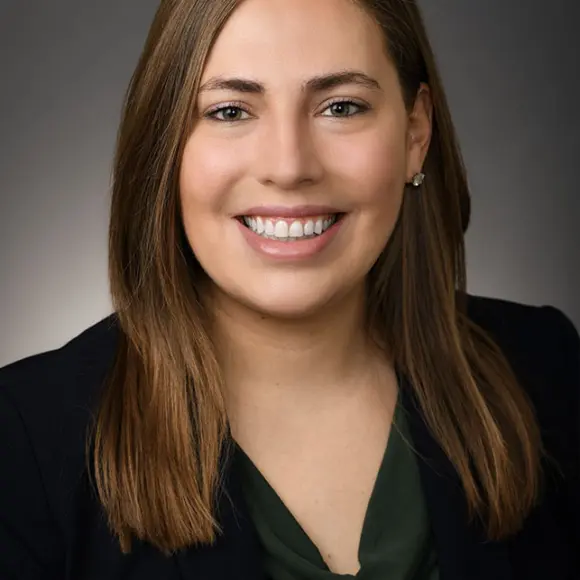
Regional Chief Human Resources Officer
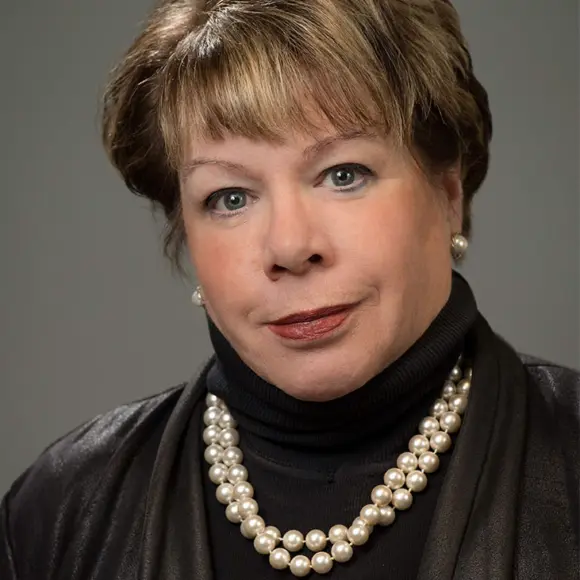
Chief Mission Officer & VP of Community Health & Well-Being
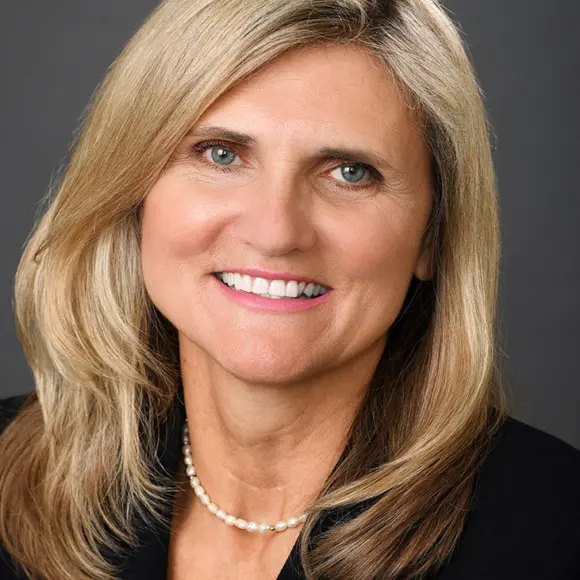
Executive VP Continuing Care
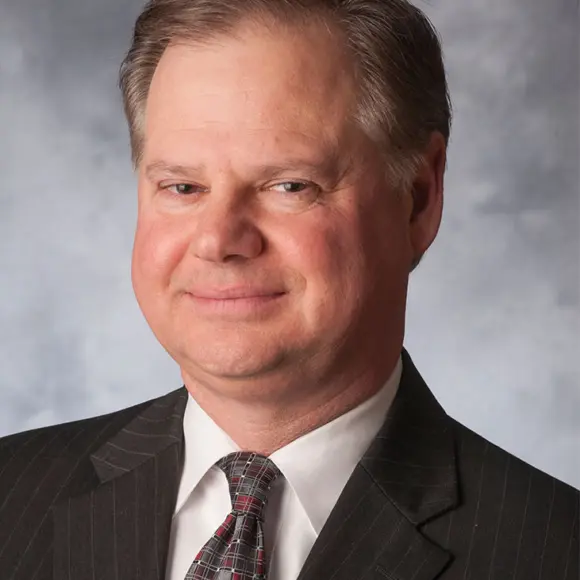
VP & CFO
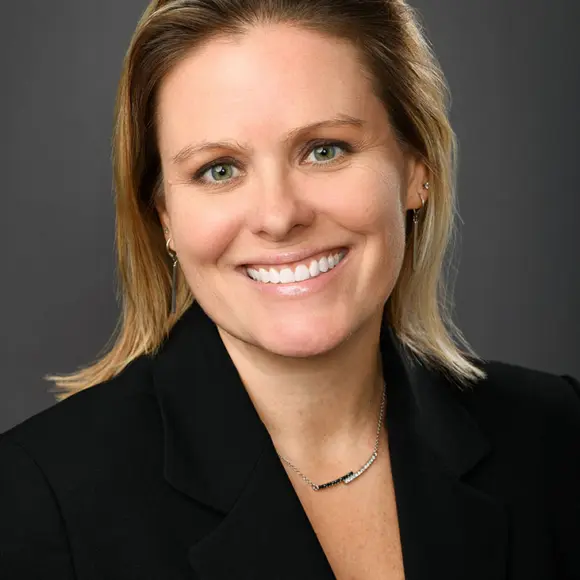
President, SPHP Medical Associates
Accreditations

The Joint Commission, formerly known as JCAHO, is a nonprofit organization that accredits rehab organizations and programs. Founded in 1951, the Joint Commision's mission is to improve the quality of patient care and demonstrating the quality of patient care.
Joint Commission Accreditation: Yes
Contact Information
3 Mercycare Lane
Guilderland, NY 12084





